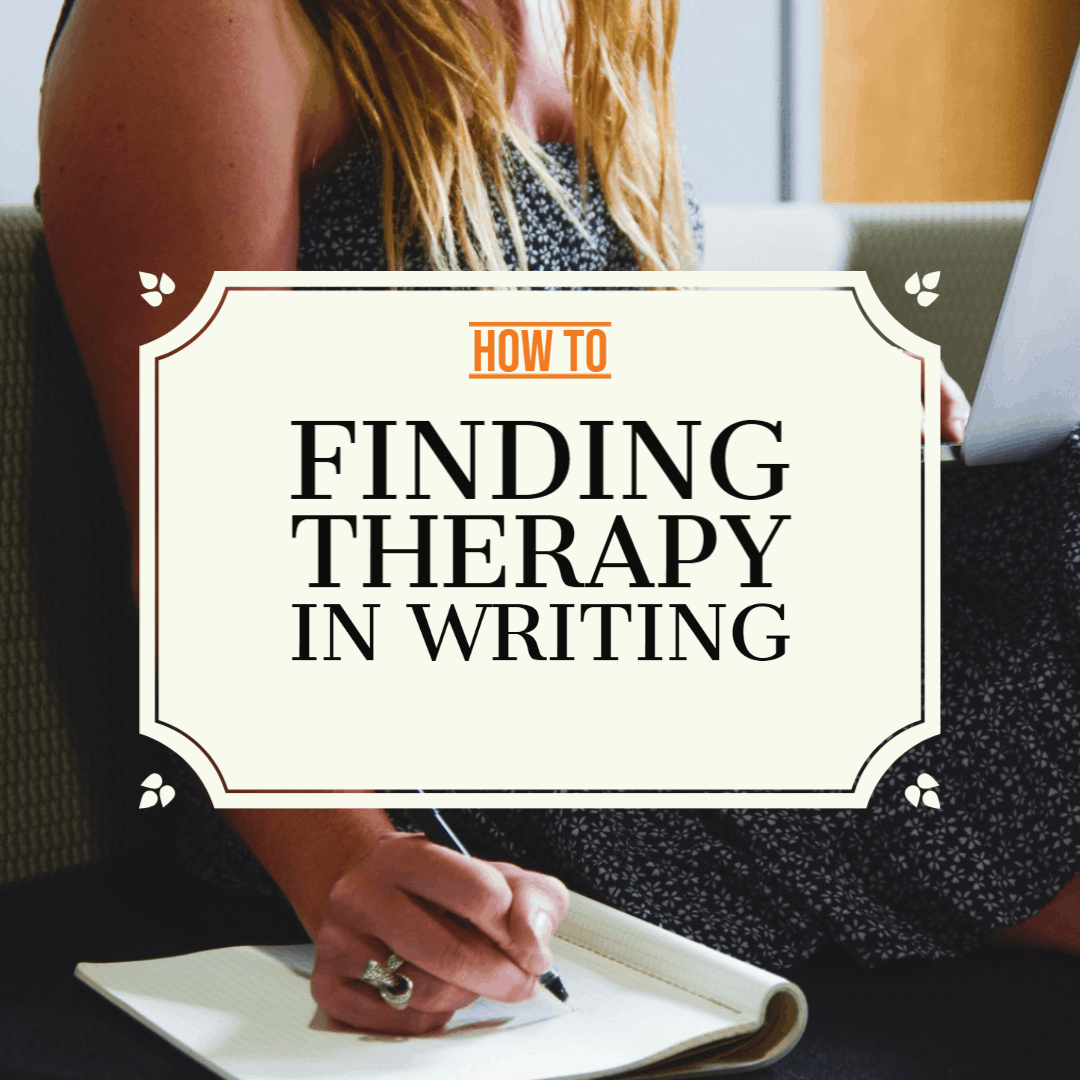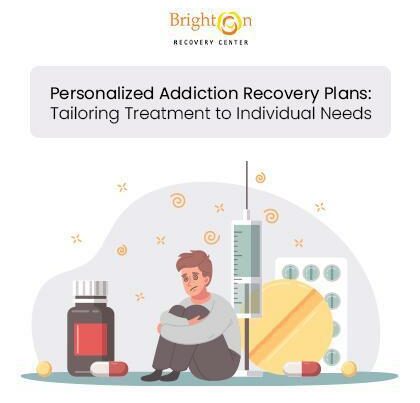Finding Therapy in Writing

The ability to create something brings with it a sense of success. As people go through their own paths towards recovery from addiction or mental illness, this sense of success is paramount. While practices like art therapy hold their own merits in terms of expression and creation, the act of writing can give even deeper glimpses into one’s self, and create a road of developed expression. This expression can act as both a mirror to one’s self, as well as a documented path in one’s mind as they journey through their own recovery process.
Freedom in Writing
The most powerful thing about writing as a therapeutic technique is the fact that there is no wrong way to do it. Writers have the ability to choose how their characters speak, what voice they use, what the subject matter is, and how long or short the story may be. Everything is malleable in language, so all the agency falls onto the individual. There are no confines or “wrong ways” to engage with therapy in writing.
While having things so open-ended can be its own kind of paralysis, what one then does decide to write about must then hold some meaning in its subject. The author has full control over it at all stages of the process, and there need not be any other particular goal in mind for the writing other than just for the author. Writing itself is more important than the need to share it, or even consider going a publishing route. The freedom in pencil and page is powerful on its own.
Character Creation
Creating one’s own characters for their story comes with a subconscious element. People will often write what they know, or in a voice that they are familiar with. Breaking down the likes and dislikes of each character, their motivations, their attitudes, their language all play a role in creating a mirror of the author themselves. Most times, each character reflects at least one aspect of the writers themselves. This can be a similar trait, a shared ideal, or a common mindset.
A writer will subconsciously create these aspects of the characters while developing the story and their interactions. Looking back on these characters with a critical eye, or even describing the characters to a loved one, can begin the process of drawing parallels between the writing and the author. It is at this point that the creation begins to take place as a window into how the author feels about the world around them, as well as how they feel about themselves.
Tracking Development
In the same way that a character becomes a window, keeping these writings around can be a glimpse into the chapters of recovery and the progress that one has made. Much like tracking how a character’s language reflects the writer, the change in language over time while in recovery is also an indication of a changing outlook on themselves. A pessimistic horror story and a brutal but overall success story of overcoming adversity carry very different connotations for the person who wrote them, especially when they were given the opportunity to write about anything at all. Each story, poem, or any other kind of work can glimpse how a person was feeling in that very moment and can work together to create a larger picture of their journey in recovery.
Benefits of a Personal Creation
After creating something that is undeniably owned by the individual, there is a new sense of agency in what to do next. One can choose to share it, keep it, or even scratch it all out and start again. It doesn’t matter what one chooses to do with their work. While sharing the work can help others in the support group gain a better insight into how one is feeling, destroying the work can also be beneficial. Both are an exercise in agency—taking control of how one feels, and how it is perceived. Agency is something that can easily escape someone in recovery as it feels like the world around them constantly oppresses them, both internally and externally.
Therapy in writing is something that is always available, whether on a piece of paper or even thinking up a single line that is profound to one’s self and texting it to themselves. It can be as quick or long a session as one can do, but its constant creative impact establishes that much-needed expression of identity when going through the recovery process. Creation from start to finish, something that is entirely one’s own is a powerful sense of success, and just that one feeling of accomplishment can create the window to feeling even just a bit better about one’s self. Beginning to take control of one’s creative writing then leads to a plethora of other ways that they can begin to control the rest of their recovery process.
Brighton Recovery Center’s community-based recovery model has something for everyone. Constantly using their large campus to create nurturing recovery environments where people can find their own communities to express themselves through the recovery process. Recovery is a battle, but no part of it has to be done alone. If you are ready to take the first step towards a healthier life, Brighton is prepared to curate a program specifically for you and your needs. For more information on their programs available for any stage of the addiction recovery process, call 1-844-479-7035 now. Feel free to check out our addiction videos too!



